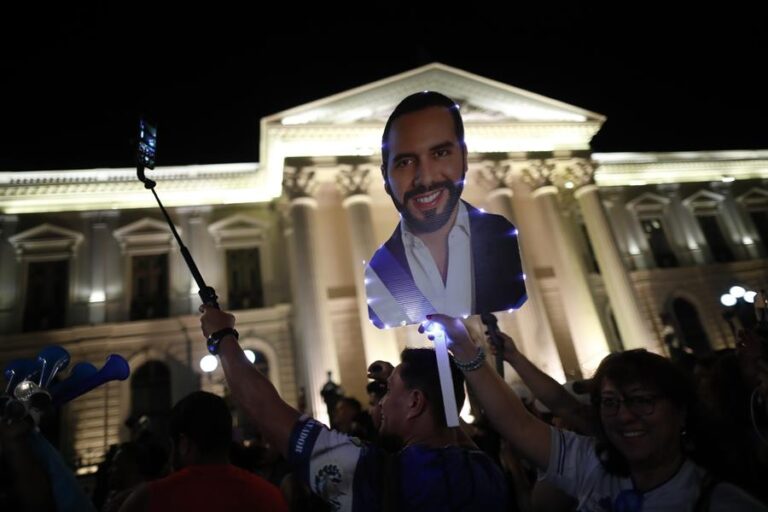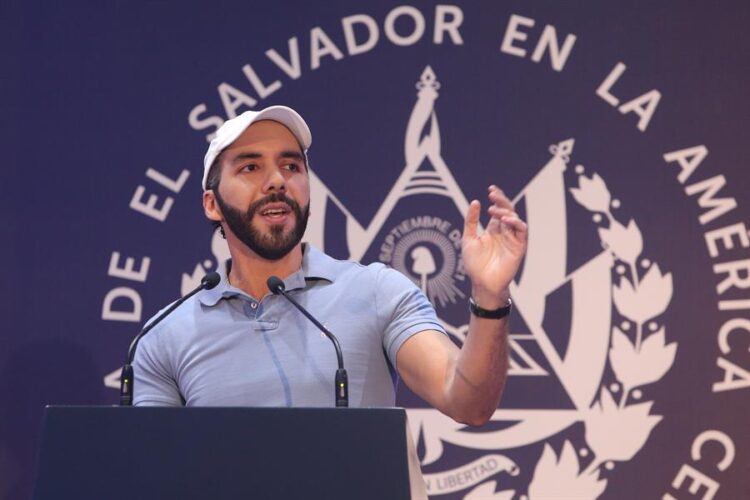
Bukele proclaims himself El Salvador election winner
San Salvador, (EFE).
El Salvador’s President Nayib Bukele on Sunday proclaimed himself the winner of the country’s general election with more than 85 percent of the votes, without waiting for the official count.
“According to our numbers, we have won the presidential election with more than 85% of the votes and a minimum of 58 of 60 deputies in the Assembly,” the president, the first to run for re-election since the end of the civil war in 1992, wrote on X.
Bukele, who ran despite the fact that the Constitution prevents it, used a legal trick to put himself up for re-election in a vote for which all polls showed him as the clear favorite.

If the data backs up his proclamation, Bukele will be the first president re-elected in the last 32 years, thanks to a legal stratagem that consisted of the Constitutional Chamber of the Supreme Court, which had been appointed by a Congress with a pro-government majority and without following the legal procedure, that changed the criteria for interpreting the Constitution.
“The record in the entire democratic history of the world. See you at 9pm in front of the National Palace. God bless El Salvador,” Bukele wrote on voting day, in which legislative elections were also held.
Bukele, a 42-year-old former publicist, needed to maintain the majority that he won two years ago in parliament and that allowed him to decree on Mar. 27, 2022 the state of emergency with which he has cemented his controversial fight against gangs and citizen insecurity, during which 76,000 people have been detained, many of them without guarantee of their fundamental rights, according to activists and international organizations.

The president was guaranteed re-election by a high margin, the polls predicted, given the low citizen support for the other four presidential candidates.
Among these candidates were Manuel Flores from the Farabundo Martí National Liberation Front (left), and Joel Sánchez from the Nationalist Republican Alliance (right), the two formations that governed the country until the arrival of Bukele and his party, New Ideas.
Earlier, Bukele denounced that the Electoral Court closed voting centers, “not letting in Salvadorans who were already in line” cast their vote.
He did not say where this happened, but posted videos of Salvadorans voting in centers set up in various cities in the United States, where the largest community of Salvadorans abroad live.
“This is a crime in our country and those responsible must be prosecuted,” he said.
Some 6.2 million Salvadorans (740,000 abroad) were called to vote on Sunday. EFE
mf-sa/tw


